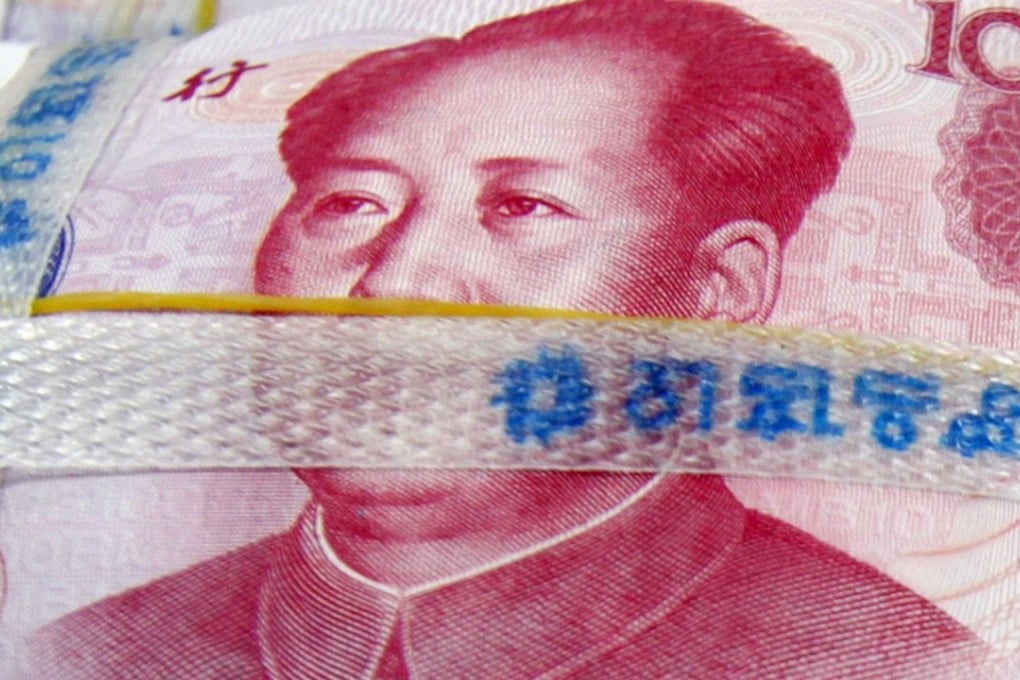New | Tough times for China’s dim sum bonds
Headwinds for offshore yuan bond market due to slow economy, regulatory concerns

Headwinds are expected to blow through China’s offshore renminbi bond market next year, as unfavourable economic and regulatory factors that sent the market to a six-year low persist.
The offshore renminbi bond market, also known as dim sum bonds, has been caught between a rock and a hard place this year. Massive deregulation in the onshore renminbi bond market and rounds of monetary easing by the People’s Bank of China since late last year have lured Chinese companies, especially property developers- the backbone of the dim sum bond issuances- to raise funds back home.
The yuan fixing reform in August that resulted in a 3 per cent devaluation of the currency, and the ensuing depreciation bias, coupled with the likelihood of more interest rate hikes in the US, have removed the glow in issuing dim sum bonds.
Total issuances plunged 79 per cent year-on-year in the first 11 months to US$5.1 billion, the lowest level since 2010, according to Dealogic data.
Looking ahead, the bouts of adversity will continue with no clear signs of abating, experts say.
“I don’t think the fundamentals that made the dim sum bonds less attractive this year will change vis-à-vis the onshore market,” said Evan Goldstein, global head of renminbi solutions at Deutsche Bank.
In addition to difficult fundamentals, a shorter maturity profile is compounding the challenges facing the dim sum bond market, according to Becky Liu, senior rates strategist at Standard Chartered Bank.